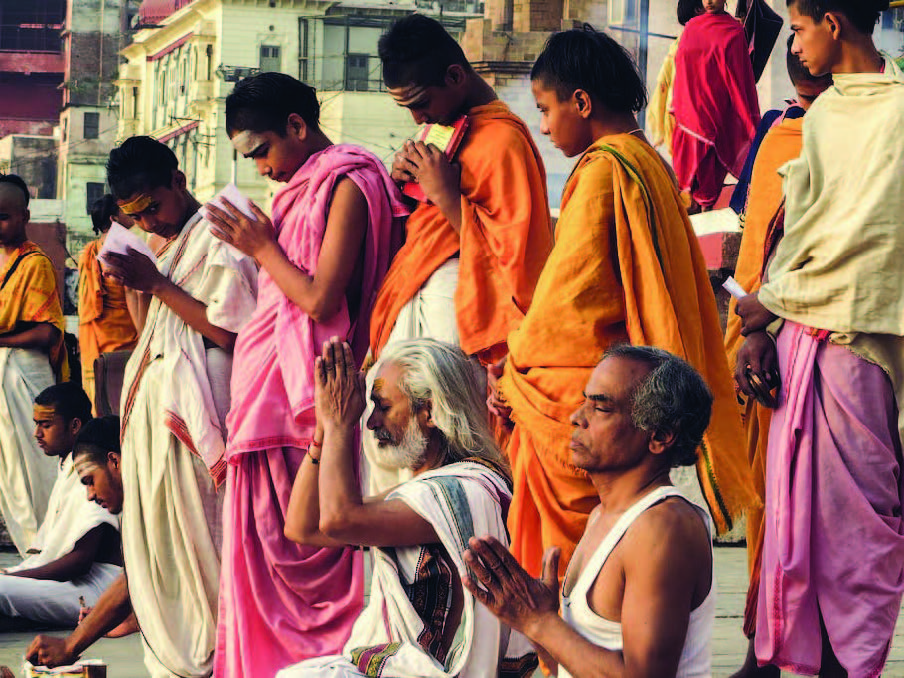
Violations of religious freedom by India’s government are not only committed against minority religions but also increasingly against Hindu institutions, writes Timothy Shah in the online journal Religions (12). What Shah calls India’s “other religious freedom problem” can be seen in the way the country’s Hindu nationalist government has enacted “controls and limits on majority religious institutions[,]…an oppressive and invasive reality that is simply out of step with what. Hindus have a right to expect from a Constitution that declares on its face that they possess an equal right to maintain and control their own religious institutions. And it is an invasive reality that other religious institutions and communities, particularly Muslim and Christian ones, generally do not have to experience, at least not to the same degree.” He is referring to how Hindu temples are administered by the government, granting them little autonomy. Shah cites the recent case of Sabarimala Temple, where Indian judges “have even arrogated to themselves the right to identify which theological doctrines and practices within any given religious tradition (including Hinduism) are ‘essential,’ regardless of what the community itself might say, in order to justify the state’s regulatory reach and power over any doctrines and practices it deems nonessential.”
Because the state has consolidated Hinduism as one homogenous identity, any attempts by religious communities to adopt a “Hinduish” or neo-Buddhist identity or to exit formal Hinduism are not permitted and they are still designated as “Hindu” (something that other religions also do not experience). Shah writes that Hindus also experience religious violence at about the same rate as Christians; a Hate Crime Watch study of religious-related violence from 2009 to 2012 found 14 percent of victims were Hindu and 15 percent Christian, while 59 percent were Muslim. But Shah adds that few monitoring groups and surveys have recorded these and other infringements on Hindu religious freedom. In part, this is because religious freedom measurements, as designed by such prominent polling firms as Pew Research Center, tend to focus on the impact of religious restrictions on individuals and to look at outbreaks of discrimination and violence rather than legal structures and laws. Other agencies, such as Human Rights Watch and Open Doors International, focus on religious minorities. Shah concludes that the growth of religious restrictions, including on Hinduism, has its roots not so much in the recent wave of Hindu nationalism but in the way that, dating back to Nehru’s secularism, “India has long failed to cultivate a ‘liberal pluralistic public culture that invites all points of view— and all communities and institutions, including religious ones—into competitive, peaceful, productive mutual exchange.”
(Religions, https://www.mdpi.com/2077-1444/12/7/490)

Source: Piqsels